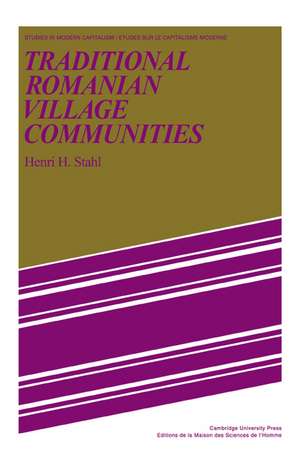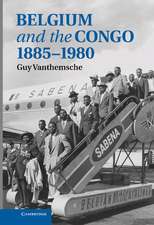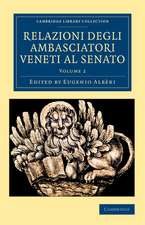Traditional Romanian Village Communities: The Transition from the Communal to the Capitalist Mode of Production in the Danube Region: Studies in Modern Capitalism
Autor Henri H. Stahl Traducere de Daniel Chirot, Holley Coulter Chiroten Limba Engleză Paperback – 29 oct 2008
Din seria Studies in Modern Capitalism
-
 Preț: 191.12 lei
Preț: 191.12 lei -
 Preț: 201.44 lei
Preț: 201.44 lei -
 Preț: 156.26 lei
Preț: 156.26 lei -
 Preț: 393.29 lei
Preț: 393.29 lei -
 Preț: 289.95 lei
Preț: 289.95 lei -
 Preț: 185.41 lei
Preț: 185.41 lei -
 Preț: 287.66 lei
Preț: 287.66 lei -
 Preț: 271.59 lei
Preț: 271.59 lei -
 Preț: 282.65 lei
Preț: 282.65 lei -
 Preț: 287.66 lei
Preț: 287.66 lei -
 Preț: 408.17 lei
Preț: 408.17 lei -
 Preț: 338.98 lei
Preț: 338.98 lei -
 Preț: 323.05 lei
Preț: 323.05 lei -
 Preț: 340.34 lei
Preț: 340.34 lei -
 Preț: 327.51 lei
Preț: 327.51 lei -
 Preț: 443.04 lei
Preț: 443.04 lei -
 Preț: 239.14 lei
Preț: 239.14 lei -
 Preț: 334.19 lei
Preț: 334.19 lei -
 Preț: 306.68 lei
Preț: 306.68 lei -
 Preț: 279.38 lei
Preț: 279.38 lei -
 Preț: 283.79 lei
Preț: 283.79 lei -
 Preț: 281.30 lei
Preț: 281.30 lei
Preț: 302.61 lei
Nou
Puncte Express: 454
Preț estimativ în valută:
57.91€ • 62.88$ • 48.65£
57.91€ • 62.88$ • 48.65£
Carte tipărită la comandă
Livrare economică 23 aprilie-07 mai
Preluare comenzi: 021 569.72.76
Specificații
ISBN-13: 9780521089111
ISBN-10: 0521089115
Pagini: 240
Dimensiuni: 152 x 229 x 14 mm
Greutate: 0.36 kg
Editura: Cambridge University Press
Colecția Cambridge University Press
Seria Studies in Modern Capitalism
Locul publicării:Cambridge, United Kingdom
ISBN-10: 0521089115
Pagini: 240
Dimensiuni: 152 x 229 x 14 mm
Greutate: 0.36 kg
Editura: Cambridge University Press
Colecția Cambridge University Press
Seria Studies in Modern Capitalism
Locul publicării:Cambridge, United Kingdom
Cuprins
Introduction. The international framework of the problem and its Romanian aspects: 1. The international framework of the problem; 2. Hypotheses concerning the genesis of the Romanian feudal states; Part I. The internal life of two types of contemporary village communities: 'non-genealogical' and 'genealogical': 3. The free communities of the 'archaic' type; 4. Free evolved communities; 5. The former serf villages; Part II. The village communities of the peasants liable to corvée (eighteenth and nineteenth centuries): 6. The communities of corvée peasants; 7. The economic life of the corvée villages; Part III. The first forms of tributary exploitation of the village communities: 8. Prior considerations on the problem of the feudal conquest of the villages; 9. First forms of the seizure of the village communities; 10. The conquest of the village communities by the boyar class; 11. The great social crisis of serfdom; 12. First sings of the failure of serfdom; Conclusions. Some theoretical considerations.
Descriere
The book is a study of the evolution of Romanian peasant society from the thirteenth century to the present.












